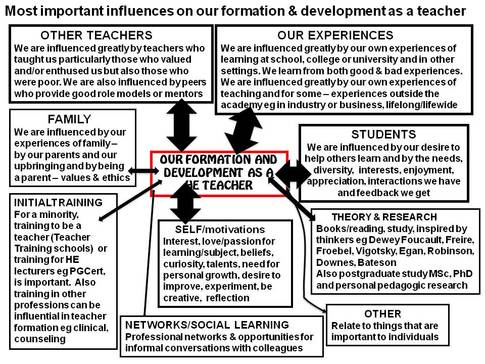
DAY 4 Thursday March 30th
It seems obvious perhaps, but one of the recurring thoughts I've had during the #creativeHE conversation is how closely entangled teaching and learning are. You cannot teach without learning and every time a teacher helps others learn they themselves are learning through the situation they are created. Its always niggled me that as teachers we rarely if ever declare how we have committed a lot of time and energy to learn the stuff we teaching, nor do we admit to struggling with any of the concepts we teach. Instead we prefer to keep it all a mystery. Consequently students see teachers as teachers rather than what they actually are professional learners that teach.
I have to admit that I rarely stand up in front of a class any more. Occasionally I do but the context is usually professional development for education professionals. However, I do spend a lot of time thinking, reading and writing about education (learning) and share my writing openly through blogs, articles and books so I guess that this is a type of teaching in the sense of I learn in order to share my knowledge and help others learn.
Today I have been trying to piece together the history of my pedagogical thinking and realised that this is the history of my life. So it's taking me longer than I anticipated. But its proving to be a useful exercise and at the end of it I know I will be more confident in being able to explain what I mean by my own personal pedagogy - which is the object of the #creativeHE conversation.
As part of this project I began to think about one of the aspects of my pedagogic practice - the way I try to learn by synthesising and concept building and capturing this in pictures. For example I shared a picture this morning which was based on an interpretation of the information provided in the survey to the question of the most significant influences on teacher formation and development. The making of pictures or annotated diagrams is an important part of the way I synthesise and the way I make sense of complex ideas which have many elements, relationships and processes. This approach is particularly common in the natural sciences which I can relate to as a former geologist. Once I have formed a picture or diagram I can then use it as a mediating artefact in my teaching - in the sense of sharing ideas and my meaning with others to help and enable them to learn. So I include below a short narrative about how I have used picture making as a means to explore and teach the idea of personal pedagogies.
| a_pedagogical_narrative_norman.pdf |
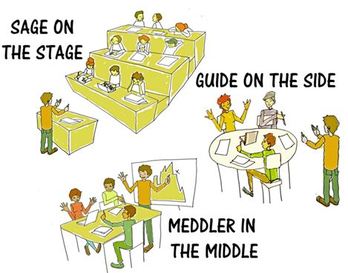
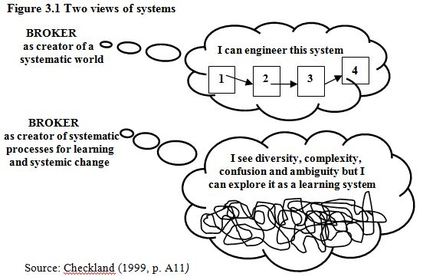
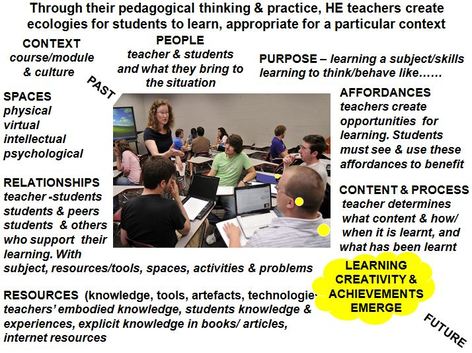
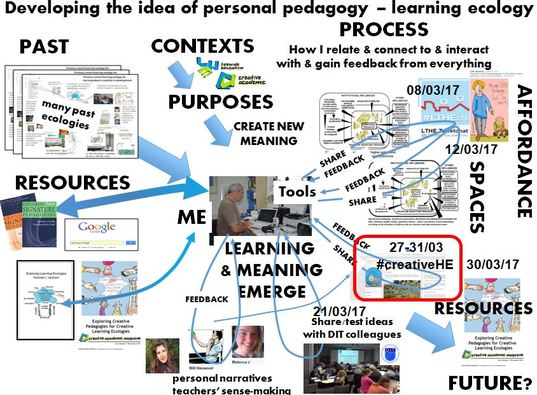
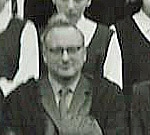
 RSS Feed
RSS Feed